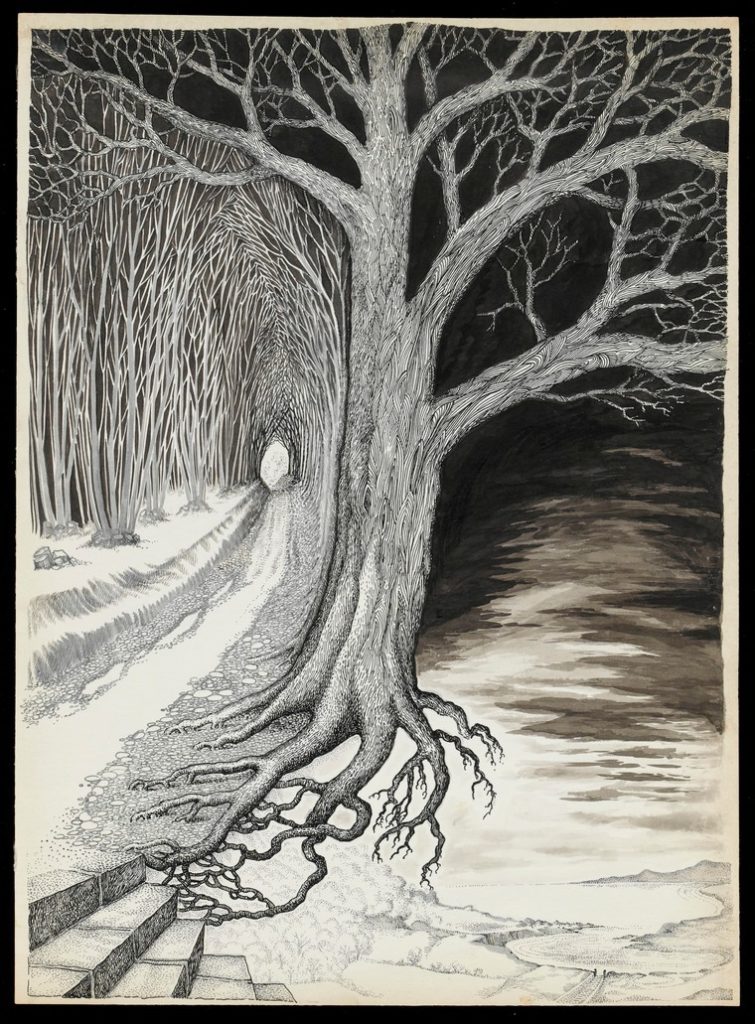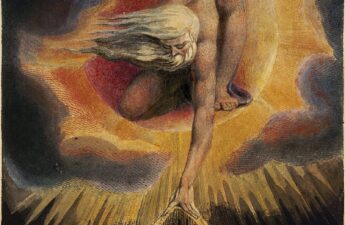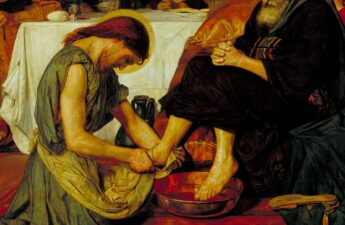“…human beings, all over the earth, have this curious idea that they ought to behave in a certain way, and cannot really get rid of it.”
(Lewis, 1952, Pg. 8)
In his book ‘Mere Christianity’, C. S. Lewis speaks about the ‘Law of Right and Wrong’ or the ‘Law of Nature’.
The idea behind these terms is that there is an independently existing standard of morality and behaviour that we are all aware of. The term ‘Law of Nature’ refers to the fact that it is part of our human nature and is therefore something we all know by virtue of just being human. Lewis believed that we know right from wrong, and still defy it.
Lewis invites us to listen to people arguing for some insight into the Law of Nature.
When people argue, Lewis says, they appeal to a set of rules which they expect the other to know about and to play by. They accuse their adversary of being unfair, breaking a promise, not repaying a kind deed, skipping them in the queue, e.tc. We don’t argue with someone when they just happen to be before us in the queue. It’s the same inconvenience of being one step behind in the line, so why is it not the same? The action is breaking the rules that we expect everyone to know and adhere to. The action is ‘wrong’ in itself according to these shared set of laws, and that is what we dislike.
Lewis goes on to say that in arguments, he who is being accused of the wrongdoing, further cements the idea of the Law of Nature in his rebuttal. The usual counterargument involves providing evidence to prove that he has not broken these fundamental shared rules. He will make excuses or try to reason to this end. But in his counterargument, he is still considering and agreeing with these shared laws. He’s just trying to prove that he has not defied them. They both sing off the same hymn sheet, just in a different key.
“He is appealing to some kind of standard of behaviour which he expects the other man to know about. And the other man very seldom replies: ‘To hell with your standard.'”
(Lewis, 1952, Pg. 3)
Lewis says the Law of Nature is evident because it ultimately applies to everyone.
He believed it a weak argument to say that right and wrong are variable or even non-existent because people behave differently across different cultures. He argues that although people have different customs, traditions and value systems, the fundamental idea of right and wrong is similar around the world. The particulars may differ in our interpretations, but the core value remains the same. He gives the example of being selfish. He says one culture might believe you should be unselfish to your family, another may believe you should be unselfish to your family and your fellow countryman, and another culture may believe that it must be extended to every single person. However, they all agree you should not put yourself first.
“Think of a country where people were admired for running away in battle, or where a man felt proud of double-crossing all the people who had been kindest to him. You might just as well try to imagine a country where two and two made five.”
(Lewis, 1952, Pg. 6)
Many people who refuse to believe in a fixed standard of right and wrong, Lewis notes, often act differently when they are on the receiving end of some disagreeable behaviour.
They protest the same as everyone else to unfair treatment, broken promises and dishonourable behaviour, appealing to the same Law of Nature. It’s quite contradictory to take exception to the existence of a set right and wrong, then cry foul play when another person breaks those very rules. It’s almost as if, Lewis says, they do actually know they exist and in this very instant, they let the cat out of the bag.
In fact, Lewis believed that even though people are aware of the Law of Nature, most still break it.
Similar to our friend crying foul play, we know there is a code of conduct to be followed because we know how we expect to be treated. But we do not always treat people how we would like to be treated in return. We very often don’t. We cope with breaking such integral, ingrained rules of human nature by making excuses; like we saw in the counterargument. Lewis believed that the efforts we go to to make excuses for our bad behaviour is only further proof of how much we cannot bare to break the Law of Nature and how much it weighs on us.
“…this year, or this month, or, more likely, this very day, we have failed to practice ourselves the behaviour we expect from other people.”
(Lewis, 1952, Pg. 7)
Lewis believed in the Law of Nature, and also that nobody followed it perfectly.
People make mistakes but that does not mean there is not a definite right and wrong, it just means we can go off course. The true course however, remains the same. Lewis wasn’t condemning people for not always following the Law of Nature, or proposing people must be perfect, he admitted the difficulty in it. His primary concern was that we not deny the existence of the law of nature. He believed the evidence for this independent standard, not variable through opinion or feeling, was all around for us to see. Lewis concluded that we, as humans, know of the Law of Nature; and we break it. This, he believed gave us the foundations to understanding ourselves and the universe we live in.
“If we do not believe in decent behaviour, why should we be so anxious to make excuses for not having behaved decently? The truth is, we believe in decency so much- we feel the Rule of Law pressing on us so- that we cannot bear to face the fact that we are breaking it and consequently we try to shift the responsibility.”
(Lewis, 1952, Pg. 8)
Lewis, C.S, 1952, Mere Christianity, Harper Collins Publishers, 2012




